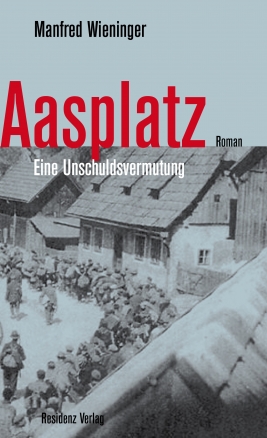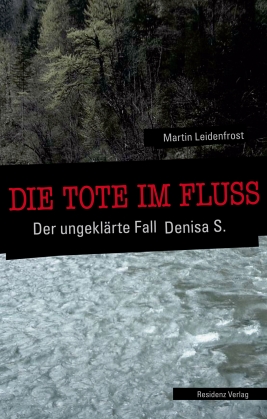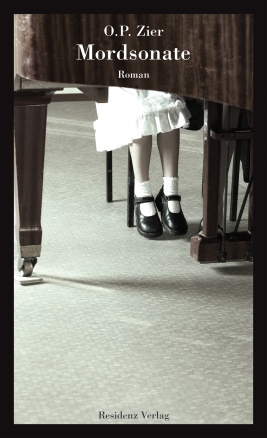
Manfred Wieninger - 223 or The collatoral
A small-town policeman faces a mountain of corpses: this is not a regular crime novel
In late April 1945 hundreds of Jewish forced laborers from Hungary on the death trail heading to Mauthausen end up in a refugee camp in Persenbeug on the Danube. The frontlines both east and west are as close as the end of the war. The Second Republic has already been proclaimed in nearby Vienna and Adolf Hitler is already dead when a motorized SS taskforce covertly attacks the camp and massacres 223 people in a bloodbath. Hardly anybody admits to having seen or heard anything, but inspector Franz Winkler, a Deputy Commander left to his own devices in this remote town, begins to investigate. He risks his head to save his skin. Will he manage to save the nine survivors of the massacre? Manfred Wieninger documents one of the most extraordinary criminal cases in Austrian history while maintaining a fine balance between historical report and fictitious elements. He turns history into a story, in which the victims are no longer nameless.
Book details
250 pagesformat:125 x 205
ISBN: 9783701715800
Release date: 06.03.2012
License rights
- World rights available










